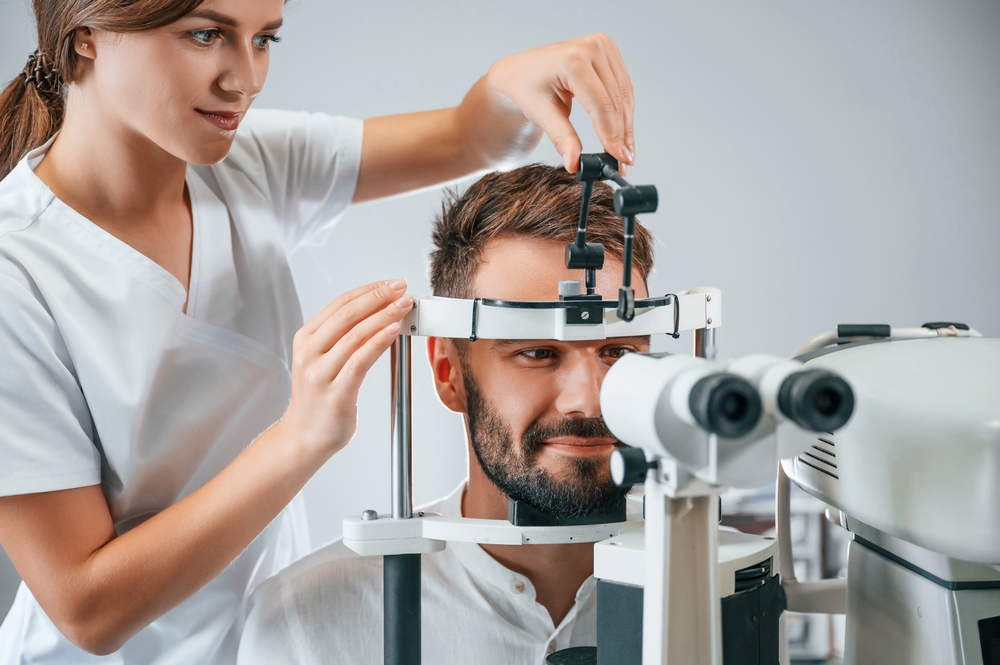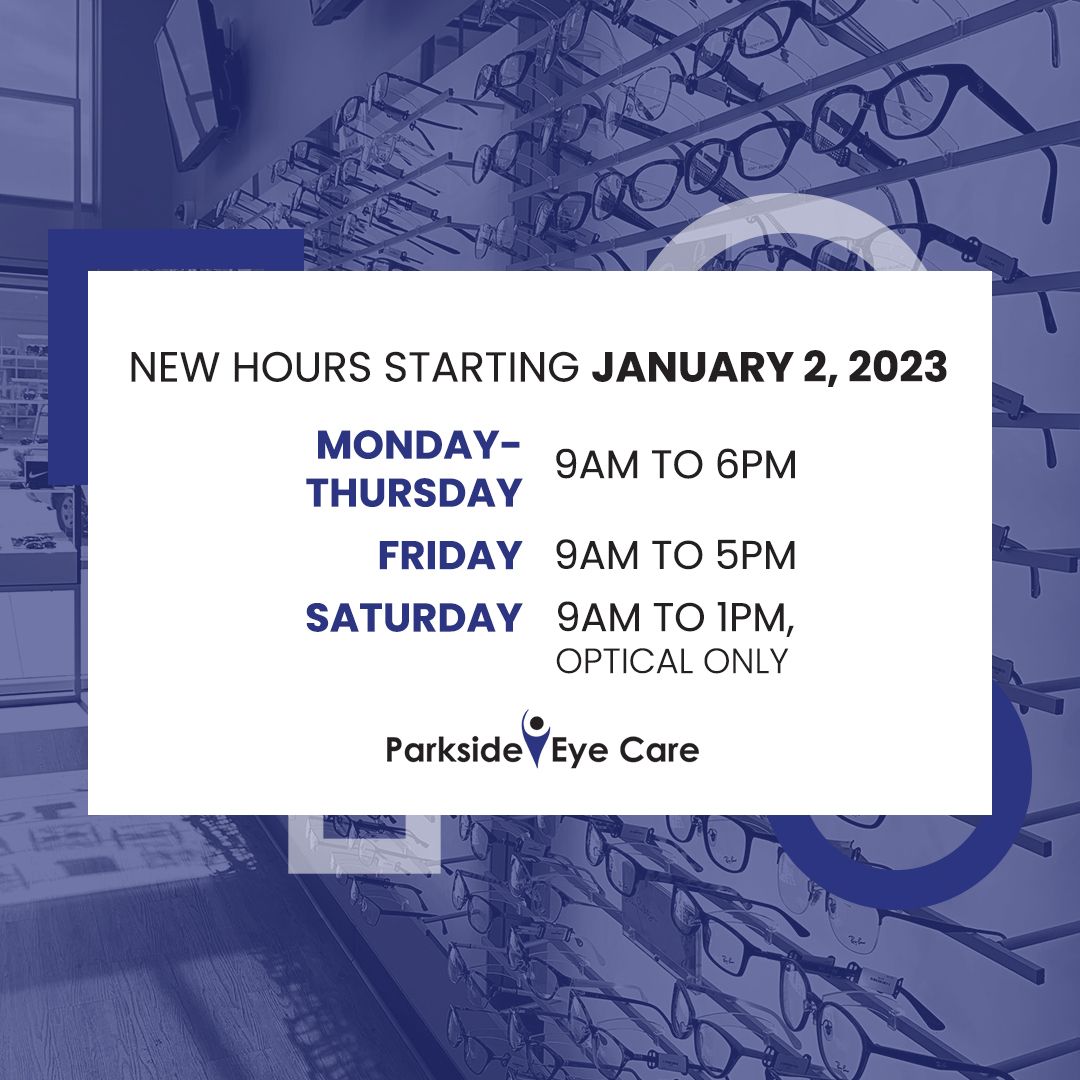
Vision is a fascinating sense in the human body. Because your brain is such a good adapter, you can have an impaired vision and your brain will adjust. You will not know that your vision worsens until you notice the little things.
Because the brain is so good at hiding that your vision is getting worse, optometrists recommend getting a comprehensive eye exam every two to three years. If you are above the age of 40, they would recommend you get an eye exam every year. The difference is that some eye conditions begin to develop after 40 years.
How Often Should You Get an Eye Exam
Despite recommending two to three years for young adults, optometrists have other conditions to consider. Your age, current vision issues, and some risk factors may cause this period to change.
Children
Children should have had their first comprehensive eye exam by the time they are five years old. This age is good so that they can have assistance with adjusting to school if they have any vision problems. After this exam, the eye doctor can recommend a good time for the following vision screening.
Adults
According to the American Academy of Ophthalmology, young adults should have one comprehensive exam in their twenties and two in their thirties. This only applies if they do not have any vision problems.
If you have never had an eye exam and you have no vision problems, you should at least have your first screening at 40 years old. But if you have had vision problems, you should have an eye exam at least every year. We often look at digital screen time for long hours, which may deteriorate our eyes.
Middle Age Adults
When you have your first comprehensive eye exam at 40, the eye doctor will schedule a follow-up exam. If you do not have any signs of developing eye issues, you may only need an exam every two years. But if you have signs of a problem, you may need to have yearly exams to monitor progression.
When you have reached 54, the AAO recommends an eye exam every one to three years.
Older Adults
If you are 65 years or older, eye doctors recommend an eye exam every one to two years. This is regardless of whether you have any eye conditions or not. You are predisposed to many eye conditions when you reach 60 years and above. Some of these are cataracts, macular degeneration, and glaucoma. To monitor the health of your eyes, you should have annual exams.
People With Risk Factors
Some risk factors like diabetes require that you have more frequent eye exams. Depending on your condition, the eye doctor will schedule your exams. Also, if you have other treatable conditions like myopia and wear contacts or glasses, you may have regular exams.
For more on how often you should schedule a comprehensive eye exam, visit Parkside Eye Care at our office in Cary, North Carolina. Call (919) 883-9987 to book an appointment today.














